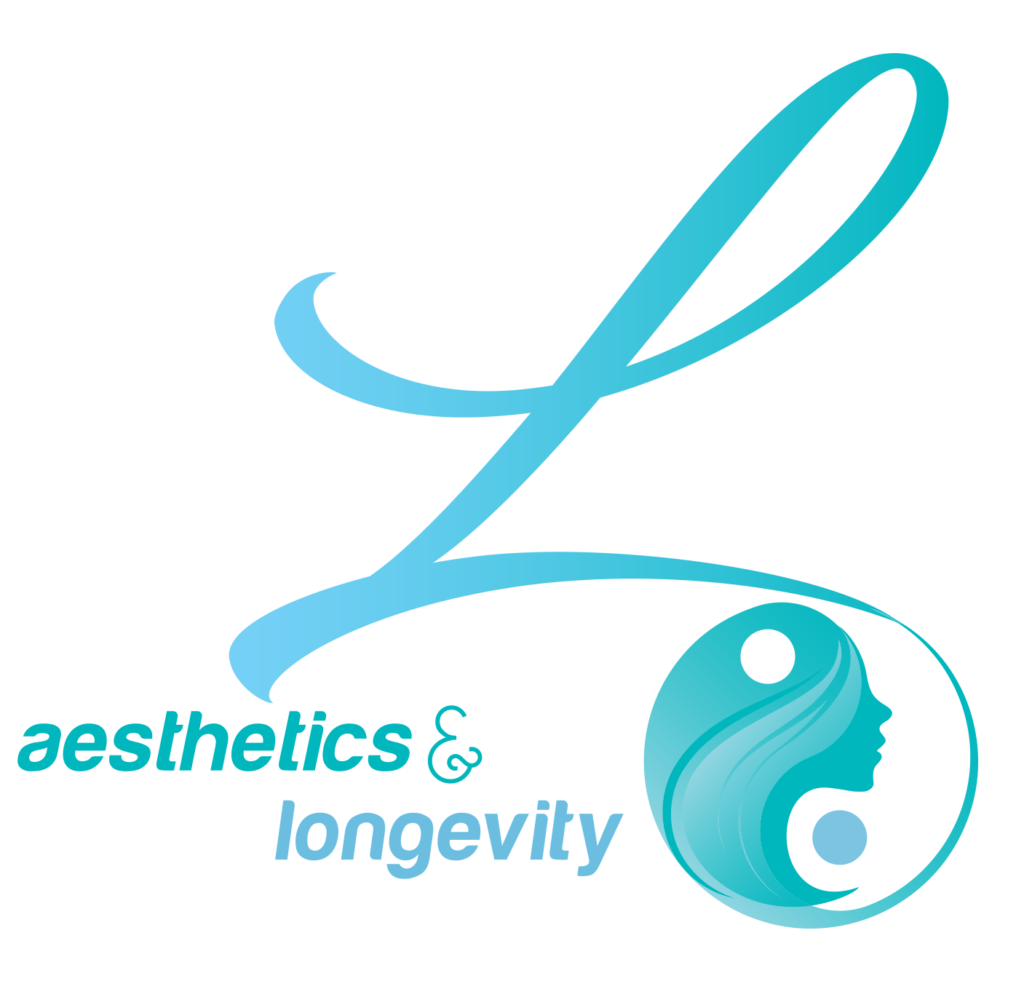Written by: Brielle Kirk, PA-C
Acne is the fancy word for pimples, and it commonly occurs on the face, chest, and back. Acne occurs when your pores become filled and blocked with excess oil and dead skin cells. This causes bacteria to accumulate in the pores, causing the red inflamed bumps and often filled with purulent discharge. These pimples are also referred to as closed comedones. Open comedones are commonly termed “blackheads,” which also come along with acne. There are many different causes of acne, including genetics, inadequate personal hygiene, and hormone imbalance. For many, acne can be detrimental to self-esteem and confidence, so treating it is very important and can be harder for some than others. Here is my general approach to treatment:
1. Try to control it on your own!
First, you must start with the basics, which include washing your face! That may seem self explanatory, but I cannot tell you how many people skip over this simple step. One should be washing his or her face morning and night, or after activities that cause sweat and dirt on the face. You do not want to wash your face more than that, for you can strip your body’s natural oils and cause overproduction, which will cause more acne. Be sure to choose a cleanser that is gentle and made specifically for the face. A bar of soap is usually too harsh for the face. Be sure to use warm water, not hot, and do not scrub your face. Both of these can cause further irritation and inflammation to the face, worsening the acne. After cleansing your face, you can use a toner that restores the pH balance of your skin and decreases oil production. Also, I know this can be hard for some, but do not squeeze or pop your pimples. This can potentially cause infection and scarring.
Next, you want to use products that specifically help with healing the acne. There are many over-the-counter topical products to help with this, such as benzoyl peroxide and salicylic acid. Before using, test out on a small area of your face to ensure there is no allergic reaction. If no irritation is experienced, you can apply these products in a thin film over the face once or twice per day to heal the acne. These products can be very drying, so be sure to use an oil-free, non-comedogenic moisturizer to keep your skin hydrated. After moisturizer, many of us apply makeup. If this is your next step in your skin care regime, ensure that the foundation is oil-free as well!
In terms of diet, this can be hit or miss for people. A lot more research is needed in this area, however, some individuals benefit from an anti-inflammatory diet. This includes consuming low sugar, non-processed, gluten-free and dairy-free foods. I always suggest giving this a try, for it will definitely not worsen acne and if anything may improve your health and overall well-being!
2. Seek Professional Aesthetic/Medical Care!
If you have tried all of the above with no relief, it is time to seek care! First, try going to a certified esthetician for monthly facials and chemical peels as needed and recommended by a professional. Facials are also relaxing and can relieve stress, which could be another cause of acne!
Medical care is advised if the above does not help. There is no 1 treatment regime for everyone. You may need one medicine, two, a laser treatment, or a combination of multiple modalities until you find what works best for you. In terms of medicines, many require a prescription. One I always trial first for patients are retinoids (Retin-A, Differin). Retinoids are a great choice because they not only help with healing acne but also combating the hyperpigmentation caused by acne. They also help with anti-aging, alleviating fine lines and wrinkles. Retinoids are also available in some medical offices that do not require prescription, such as our medical spas!
In addition to a retinoid, I usually like to recommend light and laser treatments before going onto prescription medication. The reason is because these modalities are also beneficial to your skin in terms of reducing hyperpigmentation and scarring, improving skin texture and the appearance of fine lines/wrinkles. Red and blue lights are thought to combat acne by killing C. acnes bacteria. For laser treatments, infrared lasers, radiofrequency devices, photodynamic therapy, and intense pulsed light are thought to help by creating heat that damages the oil glands, leading to a decrease in oil production. intense pulsed light
Antibiotics also effectively treat acne by killing the bacteria causing it and decreasing inflammation. Antibiotics come in the forms of topical (lotions, creams, gels) and oral pills. I like to trial topical first, for there are no systemic side effects. Prescription antibiotics include clindamycin, erythromycin, and dapsone. Other options for medical treatment of acne include birth control pills and spironolactone for hormonal causes. A last resort treatment is Isotretinoin pills. You may have heard of Accutane, but this brand has been taken off of the market. It is a last resort in my opinion because it can have serious side effects and cause birth defects. You must be under the close guidance of a dermatologist for this prescription.
Overall, there are many steps one can take to treat acne, and it is all about what works best for you. Please contact our office to consult with one of our providers, as we offer many of the modalities and skin care regimen recommended about and would love to take care of you!
